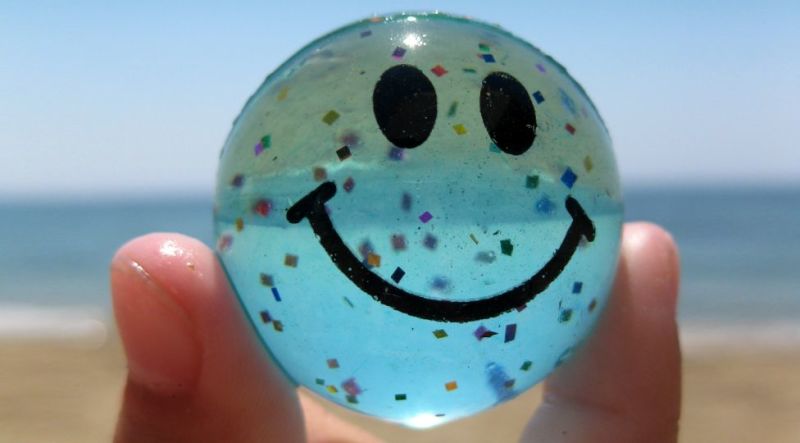Let me share three questions that have kept me on track while keeping my eye on the prize. They have supported such goals as a 500 mile bicycle adventure, my move across country, and my return to college at the age of 40 (just to name a few).
return to college at the age of 40 (just to name a few).
1. I ask myself, “Why?”
Sometimes we take on goals because we think we “should”. I should get in shape. I should go back to school. I should read more. Acting on these thoughts is usually a knee-jerk response to comparison to others. Unfortunately, there tends to be little follow-through, because we resent tasks that aren’t personal. (Were you ever forced to take music lessons? Join a sports team?) In order to succeed at any one thing, we must first ask ourselves why we want it. If our answer is dependent on the approval of others, then it’s time to reevaluate. And if we continue to ask “Why?” during the process of achieving it, our answer becomes clearer and clearer. So when taking on any new task/goal, life change, or career change, first ask, “Why do I want _____?”
2. Where do I spend my time?
The easiest way to see what we value is to review how much time (and money) we spend in certain areas. We may have made a goal to write a book, but upon examination we might discover that the time we actually spend on it is far less than the time we spend on say, working out. Maybe it’s just time to focus on getting in shape? And then ask ourselves “why” we want to get into shape. There is no “wrong” here, just clarity.
3. Is this still fun?
Nowadays, a person will change their career/job 7 times during their lifetime. But when is the right time to change? The question I always ask myself is, “Is this still fun?” As an actor, I almost always answer, yes. But when it doesn’t feel like fun, I go back to question #1 and ask myself “Why do I want (to act)?” My answer revitalizes me and usually has me exploring new options and honing my skills for the pure joy of it.
What questions help you along the way to your goals?





 return to college at the age of 40 (just to name a few).
return to college at the age of 40 (just to name a few).